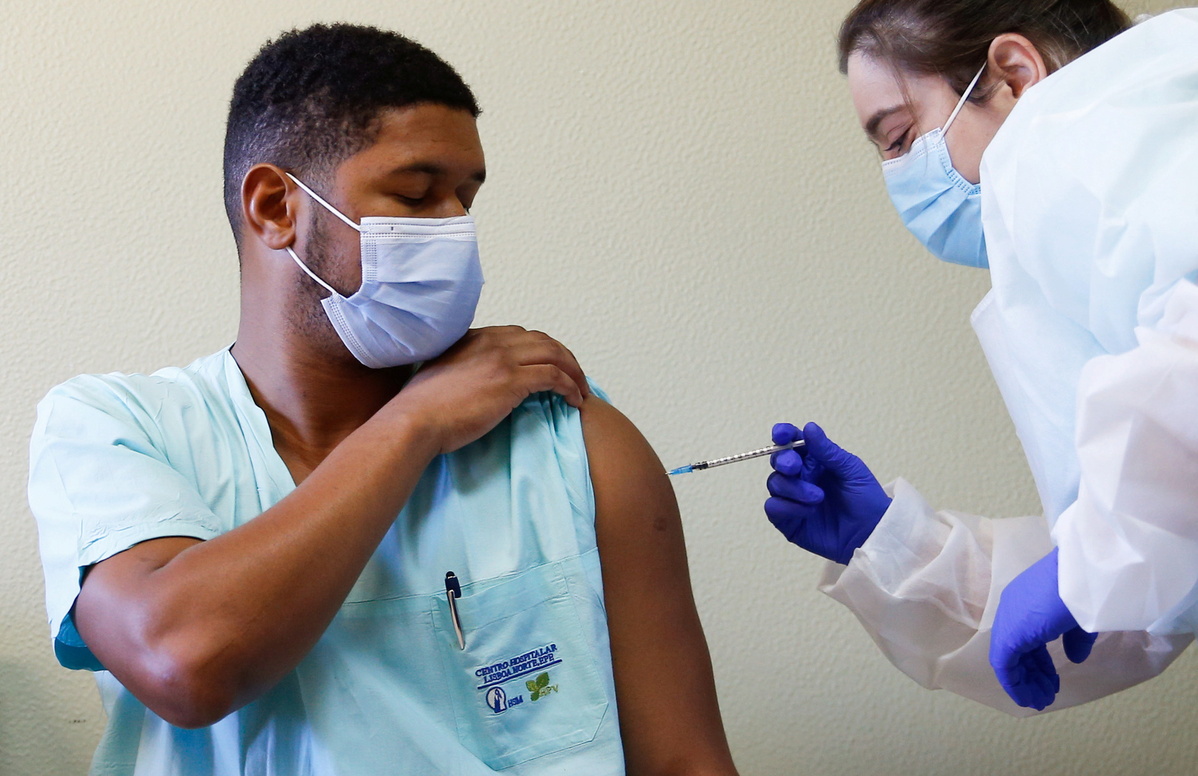Countries tighten restrictions over new COVID strains

Race for vaccines

In the face of the new COVID-19 strains, countries across the globe are still pinning their hopes of defeating the pandemic on vaccines, as experts suggest that no evidence has yet been found that the new strains could affect the effectiveness of the potential vaccines.
According to the WHO, as of Dec. 16, 222 COVID-19 candidate vaccines were being developed worldwide, with 56 of them under clinical trials.
"So far, even though we've seen a number of changes, a number of mutations, none has made a significant impact on either the susceptibility of the virus to any of the currently used therapeutics, drugs or the vaccines under development," WHO chief scientist Soumya Swaminathan said at a press briefing.
The coronavirus has mutated at a much slower rate than the influenza virus, according to Swaminathan.
In Chile, the government on Friday launched a vaccination drive against COVID-19 in the southern regions of Magallanes, Araucania and Biobio, the country's hardest hit regions in the pandemic.
Other countries, including Slovenia, Spain and Malta, have received their first batches of COVID-19 vaccines and are planning mass vaccination campaigns.
The first shipment of 3 million doses of Chinese vaccine producer Sinovac's inactivated vaccine CoronaVac will arrive in Turkey on Monday after the Turkish government signed an agreement for the procurement of up to 50 million doses, which will eventually arrive in the country by the end of February.
"We are sure that the vaccine is effective and safe for Turkish people," said Health Minister Fahrettin Koca at a press conference.
The new strains mean "we have to work harder," said Michael Ryan, executive director of the WHO Health Emergencies Program. "Even if the virus has become a little bit more efficient in spreading, the virus can be stopped."

































